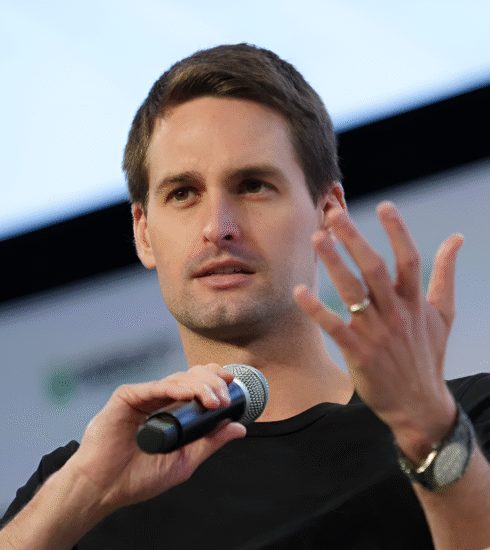Ratan Tata Biography: A Legacy of Vision and Impact
Ratan Tata, born December 28, 1937, in Mumbai, India, was a legendary industrialist and philanthropist who transformed the Tata Group into a global powerhouse. Known as the “Oracle of Indian Industry,” Ratan Tata led with humility and innovation, leaving an indelible mark on business and society. This biography explores his early life, career highlights, struggles, controversies, personal life, social media presence, philanthropy, and lesser-known facts, reflecting his enduring influence as of July 2025.
About Ratan Tata
| Category | Details |
|---|---|
| Full Name | Ratan Naval Tata |
| Born | December 28, 1937, Mumbai, India |
| Died | October 9, 2024, Mumbai, India |
| Profession | Industrialist, Philanthropist, Former Chairman of Tata Group |
| Notable Work | Tata Nano, Acquisitions of Tetley, Corus, Jaguar Land Rover |
| Marital Status | Unmarried, no children |
| Net Worth | ~$1.5 billion (at time of death, 2024) |
| Awards | Padma Bhushan (2000), Padma Vibhushan (2008) |
Ratan Tata’s Early Life
Mumbai Roots
Born into the prominent Tata family, Ratan Tata grew up in Mumbai’s affluent Colaba area. His father, Naval Tata, was adopted by Ratanji Tata, son of Tata Group founder Jamshedji Tata. After his parents’ separation, his grandmother, Navajbai Tata, raised him, instilling discipline and humility. He attended Campion School and Cathedral and John Connon School, excelling in academics despite personal challenges.
Education and Early Ambition

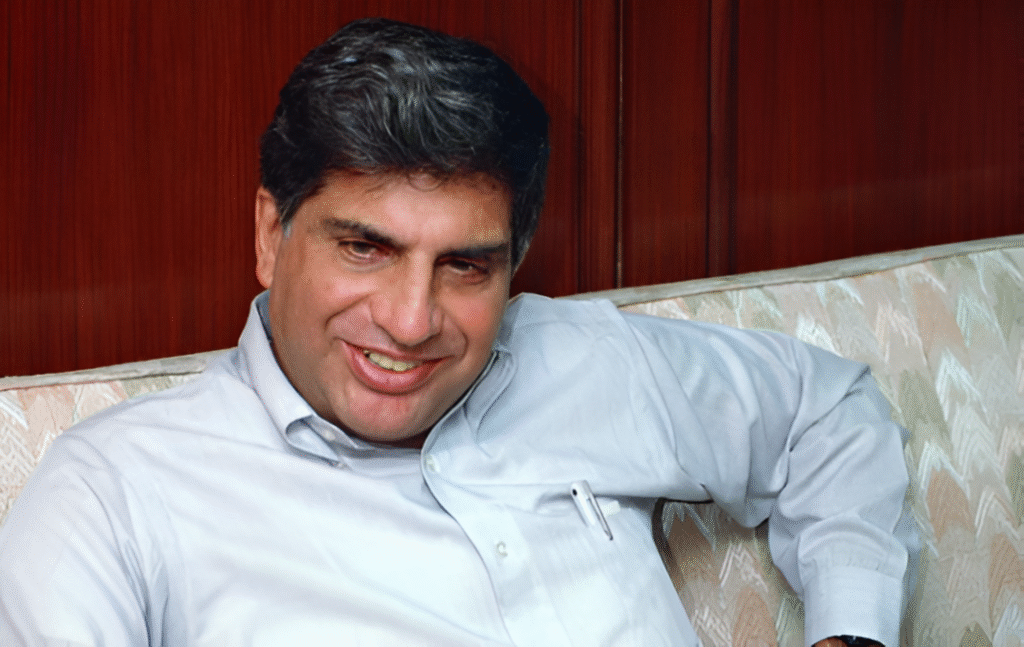
Ratan pursued a bachelor’s degree in architecture at Cornell University, graduating in 1962. He later completed Harvard Business School’s Advanced Management Program in 1975. His U.S. education broadened his global perspective, but he returned to India to join the family business, starting on the shop floor of Tata Steel in Jamshedpur.
Struggles and Down Phases
Early Career Doubts
Joining the Tata Group in 1962, Ratan faced skepticism as a young heir overshadowed by J.R.D. Tata, the group’s iconic chairman. His early roles were modest, and some questioned his ability to lead a sprawling conglomerate. Additionally, personal challenges, like his parents’ divorce, shaped his reserved nature.
Financial and Succession Challenges
The 2008 global financial crisis strained Tata Group’s finances, particularly after the $12 billion Corus acquisition. The Tata Nano, launched in 2009, faced safety concerns and poor sales, costing millions. Moreover, the 2016 ousting of Cyrus Mistry as Tata Sons chairman sparked a high-profile succession battle, drawing criticism over governance.
Career Highlights
Leading Tata Group
In 1991, Ratan Tata became chairman of Tata Sons, steering the group through India’s economic liberalization. He unified the conglomerate’s diverse businesses, growing its revenue from $5 billion to over $100 billion by 2012. His bold acquisitions included Tetley (2000, $432 million), Corus (2007, $12 billion), and Jaguar Land Rover (2008, $2.3 billion), making Tata a global name.
Innovative Ventures
Ratan’s vision led to the Tata Nano, marketed as the world’s most affordable car, aimed at India’s middle class. He also expanded Tata Consultancy Services (TCS) into a global IT leader. His leadership transformed Tata Motors, Tata Steel, and Tata Chemicals into industry giants, cementing his legacy.
Personal Life
Ratan Tata never married and had no children, dedicating his life to work and philanthropy. Known for his simplicity, he lived in a modest Mumbai home and drove his own car. A private individual, he enjoyed flying planes, collecting vintage cars, and spending time with his dogs, reflecting his love for animals.
Controversies
Succession Battle
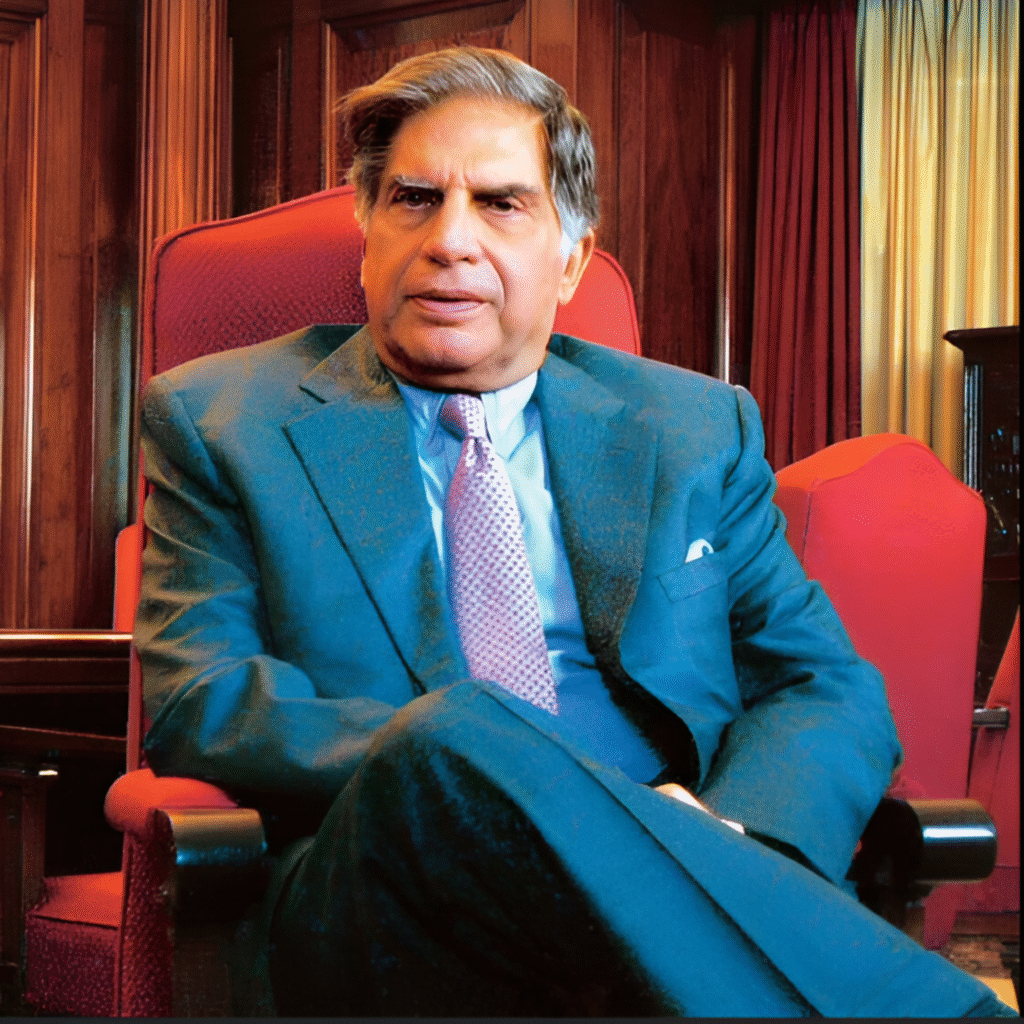
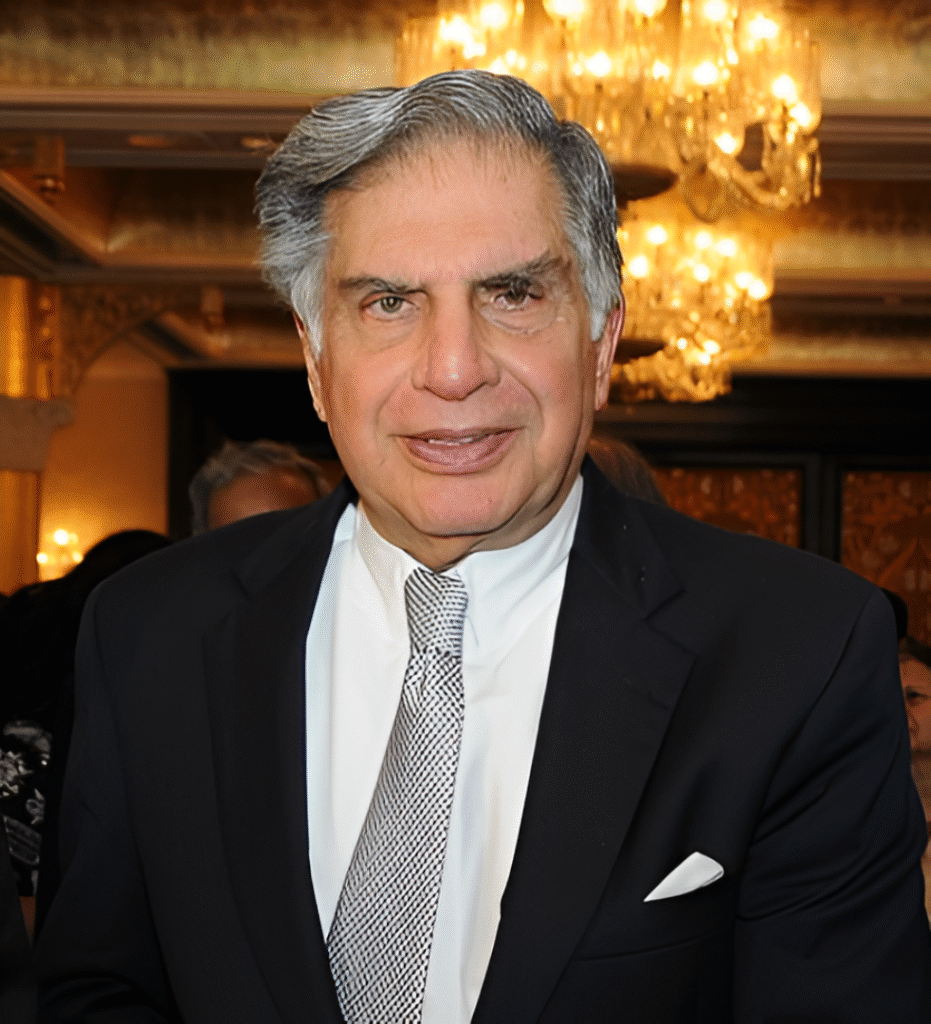
The 2016 removal of Cyrus Mistry as Tata Sons chairman sparked controversy, with Mistry alleging unfair treatment. The public dispute, involving legal battles and media scrutiny, raised questions about Tata’s governance. However, India’s Supreme Court ruled in Tata’s favor in 2021, resolving the issue.
Business Criticisms
The Tata Nano faced backlash for safety issues, including fire incidents, damaging its reputation. The Corus acquisition, while bold, strained finances during the 2008 crisis. Additionally, allegations of political favoritism in land deals for Tata projects surfaced, though no charges were proven.
Social Media Presence
Ratan Tata was active on Twitter (@RNTata2000), amassing over 12 million followers before his passing. His posts on leadership, innovation, and social issues, like animal welfare, resonated widely. The Tata Group’s official accounts (@TataCompanies) continue to share his legacy, reaching millions with updates on business and philanthropy.
Lesser-Known Facts
- Pilot’s License: Held a commercial pilot’s license and flew private jets.
- Car Enthusiast: Owned vintage cars like a 1948 Bentley Mark VI.
- Dog Lover: Built the Tata Trusts Small Animal Hospital in Mumbai.
- Art Patron: Supported the National Centre for Performing Arts (NCPA).
- Cornell Connection: Donated $50 million to Cornell University in 2008.
- Cancer Care: Funded Tata Memorial Hospital’s expansion for affordable treatment.
- Nano Vision: Personally drove the Tata Nano’s development for accessibility.
- Solitary Nature: Preferred privacy, avoiding high-profile social events.
Philanthropy
Ratan Tata’s philanthropy, through Tata Trusts, transformed millions of lives. The Trusts, holding 65% of Tata Sons, fund education, healthcare, and rural development. Key initiatives include the Tata Institute of Social Sciences (TISS) and Tata Memorial Hospital, a leading cancer care center. In 2024, he launched the Tata Trusts Small Animal Hospital, reflecting his passion for animal welfare. His $1 billion donation to education and healthcare initiatives underscores his commitment to social good.
Current Status and Influence
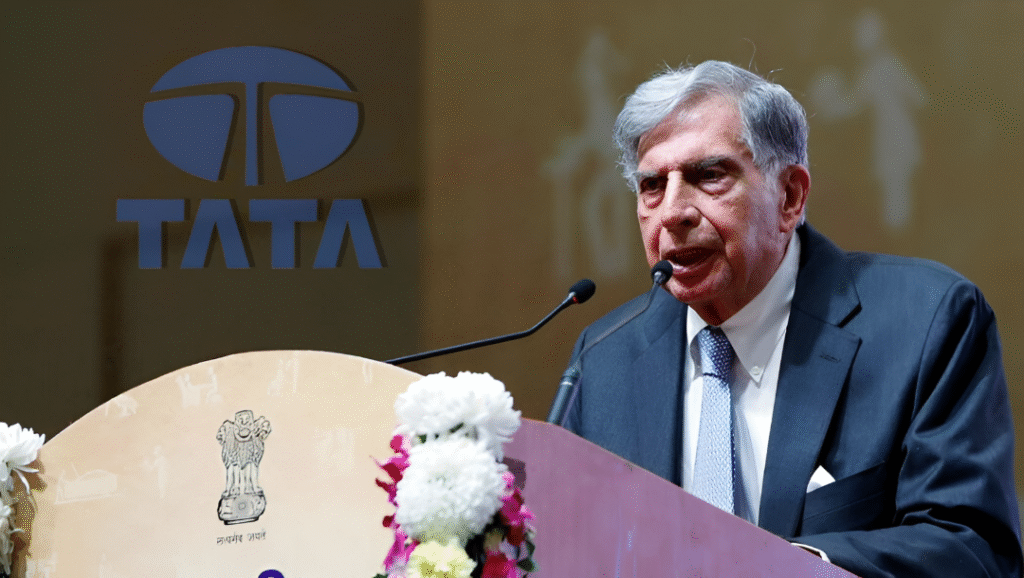
Ratan Tata passed away on October 9, 2024, at age 86, leaving a profound legacy. At his death, his net worth was estimated at $1.5 billion, per Forbes, though his wealth was largely tied to Tata Trusts. The Tata Group, with over 100 companies, continues to thrive under chairman Natarajan Chandrasekaran, guided by Ratan’s vision. His philanthropy and ethical leadership inspire entrepreneurs globally, shaping India’s business and social landscape in 2025.
Conclusion
This Ratan Tata biography highlights a journey of resilience and impact. From overcoming early doubts and financial crises to building a $100 billion empire, Ratan Tata redefined global business. His philanthropy through Tata Trusts transformed education and healthcare. In 2025, his legacy of integrity and innovation continues to inspire leaders to balance profit with purpose.















